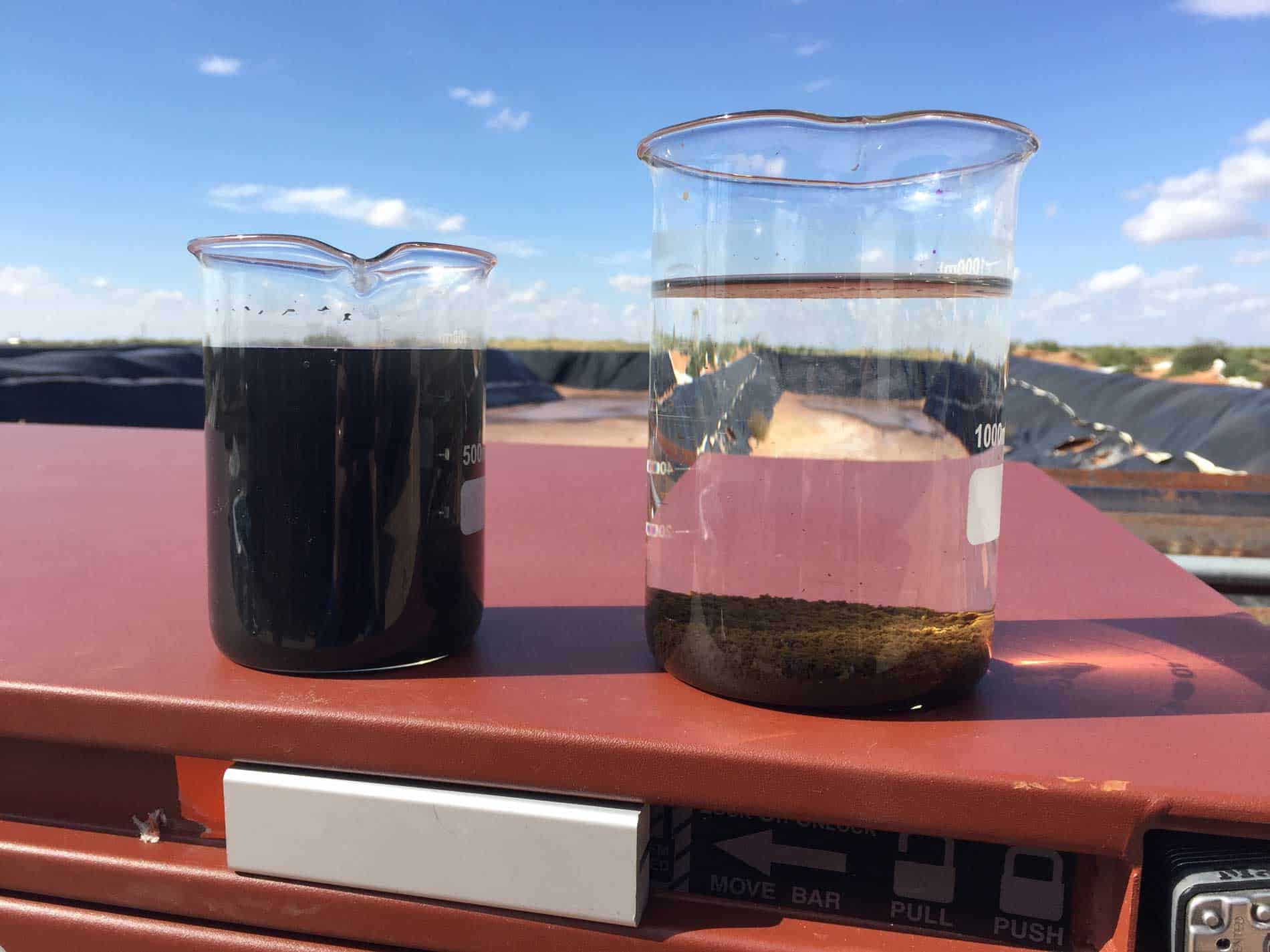API RP 14E Corrosion Control Water Compatibility Testing
The API RP 14E standard is a critical guideline in the oil and gas sector for ensuring the compatibility of water-based fluids with production equipment. This testing method aims to identify potential corrosive effects that water can have on metal surfaces, which is especially important given the harsh environments encountered in offshore and onshore operations.
The primary goal of this test is to evaluate the ability of produced water or process water to resist corrosion under specific conditions. The process involves exposing a specimen material (typically carbon steel) to the fluid for an extended period, monitoring its integrity over time. The testing helps ensure that equipment used in oil and gas production remains effective and safe from degradation.
The method is particularly relevant when dealing with produced water, which can contain various salts, chemicals, and organic compounds. These components can interact with the metal surfaces of pipelines, pumps, and other critical infrastructure, leading to corrosion if not properly managed. By conducting this test according to API RP 14E, operators can identify potential compatibility issues early in the design or operation phases.
The testing procedure involves several stages: specimen preparation, immersion in the water sample, observation for changes over time, and analysis of any observed corrosion. The duration of exposure is critical; it must be sufficient to allow significant corrosion to develop while still being representative of real-world conditions. This ensures that the test results are reliable and applicable to field operations.
Water compatibility testing plays a vital role in the design phase, helping engineers select materials that can withstand the specific water chemistry present at various stages of production. It also aids in optimizing fluid formulations to minimize corrosion risks without compromising efficiency or performance.
The results of API RP 14E testing are used by quality managers and compliance officers to make informed decisions about material selection, fluid composition, and operational procedures. R&D engineers rely on these tests to innovate and improve upon existing practices, while procurement personnel use the findings to source appropriate materials and components.
The application of this standard is not limited to produced water but can also encompass other types of process water used in the oil and gas sector. By ensuring compatibility with equipment, these tests contribute significantly to the overall safety and longevity of infrastructure assets.
Applied Standards
| Standard | Description |
|---|---|
| API RP 14E | This standard provides guidelines for evaluating the compatibility of water-based fluids with production equipment. It outlines procedures for conducting corrosion control water compatibility testing, including specimen preparation, exposure conditions, and evaluation criteria. |
Benefits
The API RP 14E Corrosion Control Water Compatibility Testing brings numerous benefits to the oil and gas industry. By identifying potential corrosive effects early in the design or operational phases, this testing method helps minimize equipment failures and downtime, ultimately reducing maintenance costs.
Ensuring compatibility with produced water can extend the life of critical infrastructure, such as pipelines, pumps, and storage tanks. This extended lifespan contributes to greater operational efficiency and reliability, which are crucial in the competitive oil and gas market.
The testing also supports regulatory compliance by ensuring that all processes adhere to industry standards. This not only helps operators avoid penalties but also enhances their reputation for adhering to best practices.
From a sustainability perspective, minimizing corrosion through appropriate water management can lead to reduced resource consumption and waste generation. By selecting the right materials and fluids, companies can contribute positively to environmental conservation efforts.
Environmental and Sustainability Contributions
The API RP 14E Corrosion Control Water Compatibility Testing plays a significant role in promoting sustainability within the oil and gas sector. By reducing corrosion, this testing helps minimize the environmental impact of water-based fluids used in production processes.
Corrosion can lead to leaks and spills, which may contaminate soil and water bodies if not properly managed. Through this test, operators can select materials and fluids that are less prone to degradation, thereby reducing the risk of such incidents.
The use of compatible fluids also contributes to more efficient resource utilization. By ensuring that produced water is used optimally without causing damage to equipment, companies can maximize their operational efficiency while minimizing waste. This aligns with broader sustainability goals and helps businesses become more environmentally responsible.





